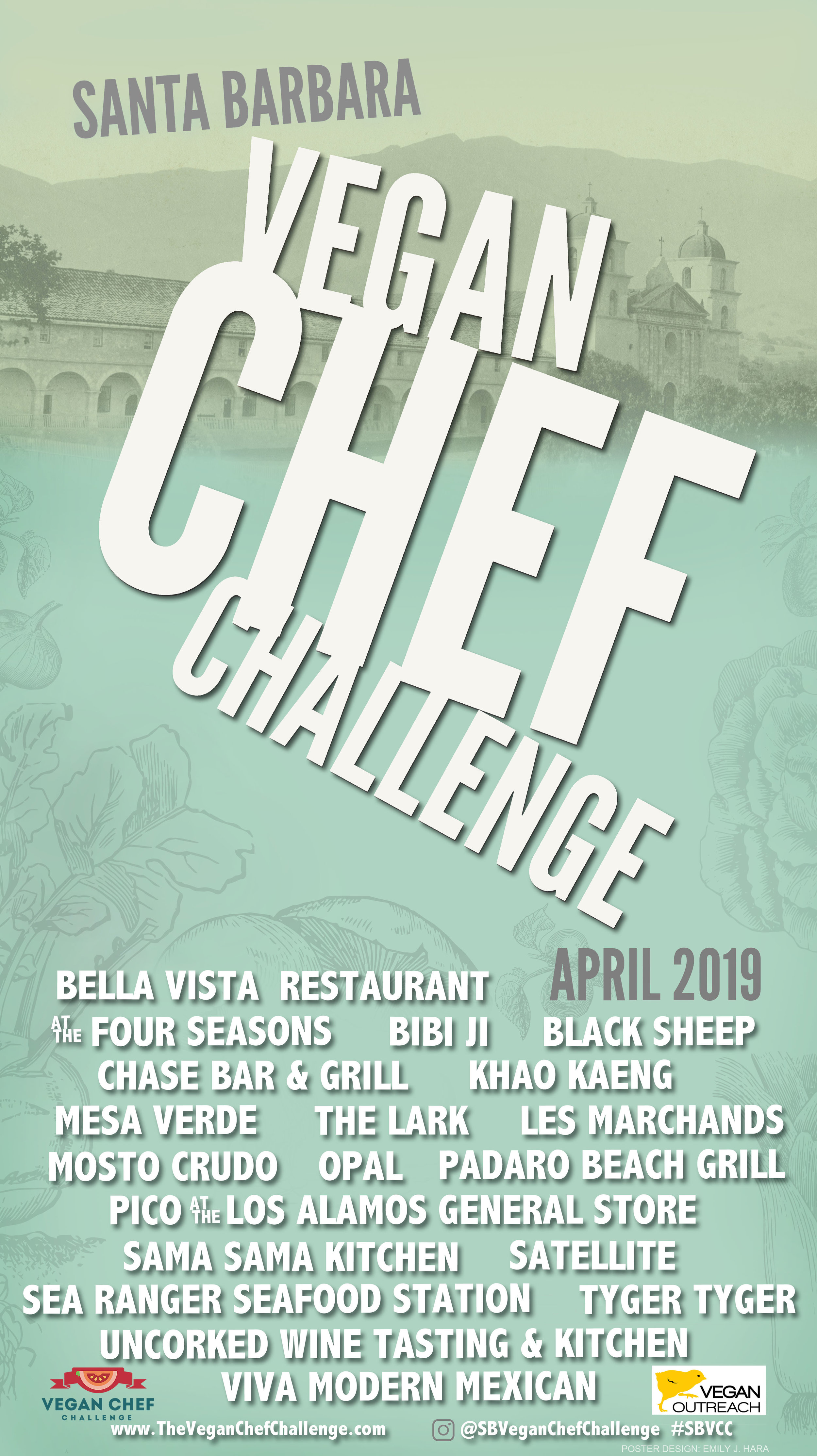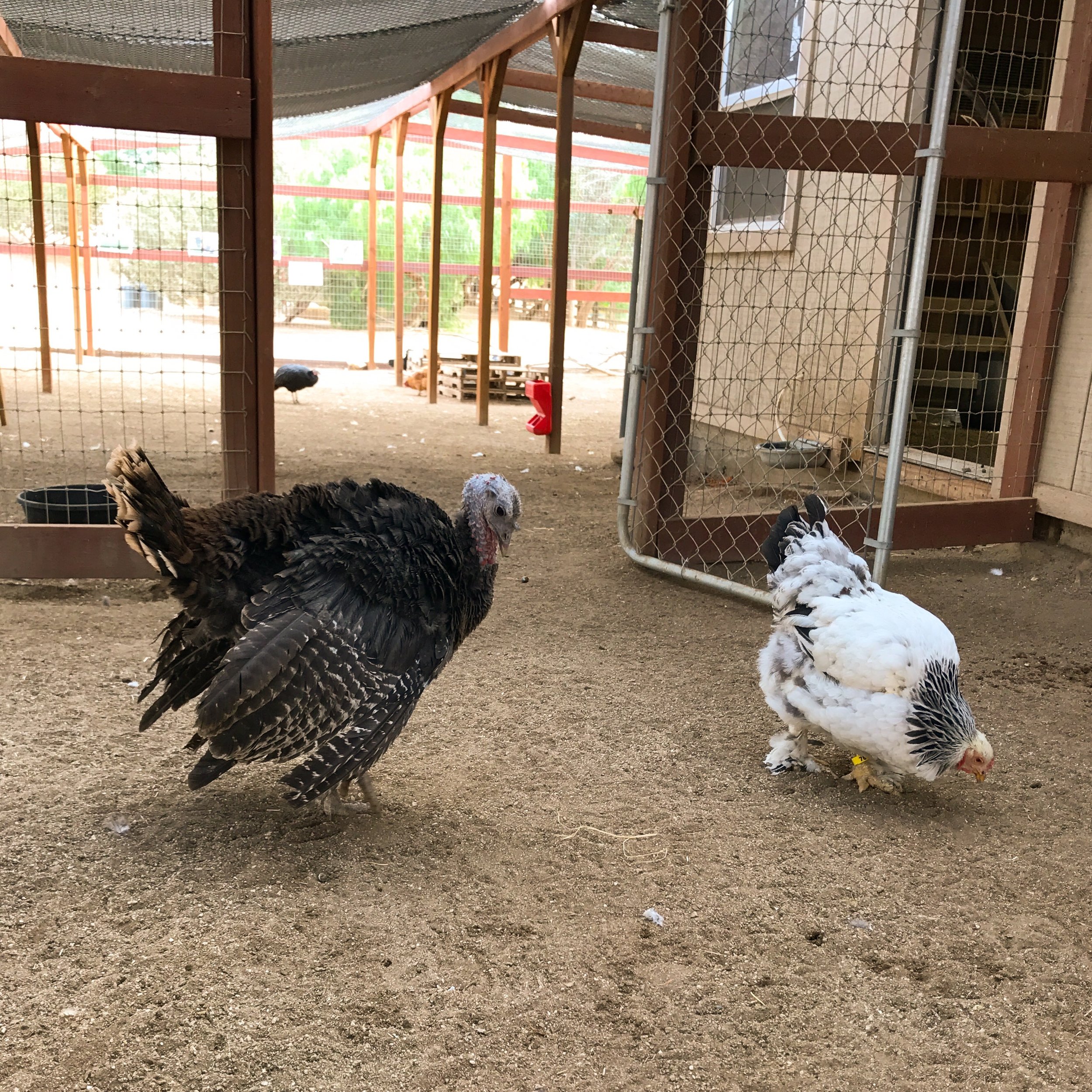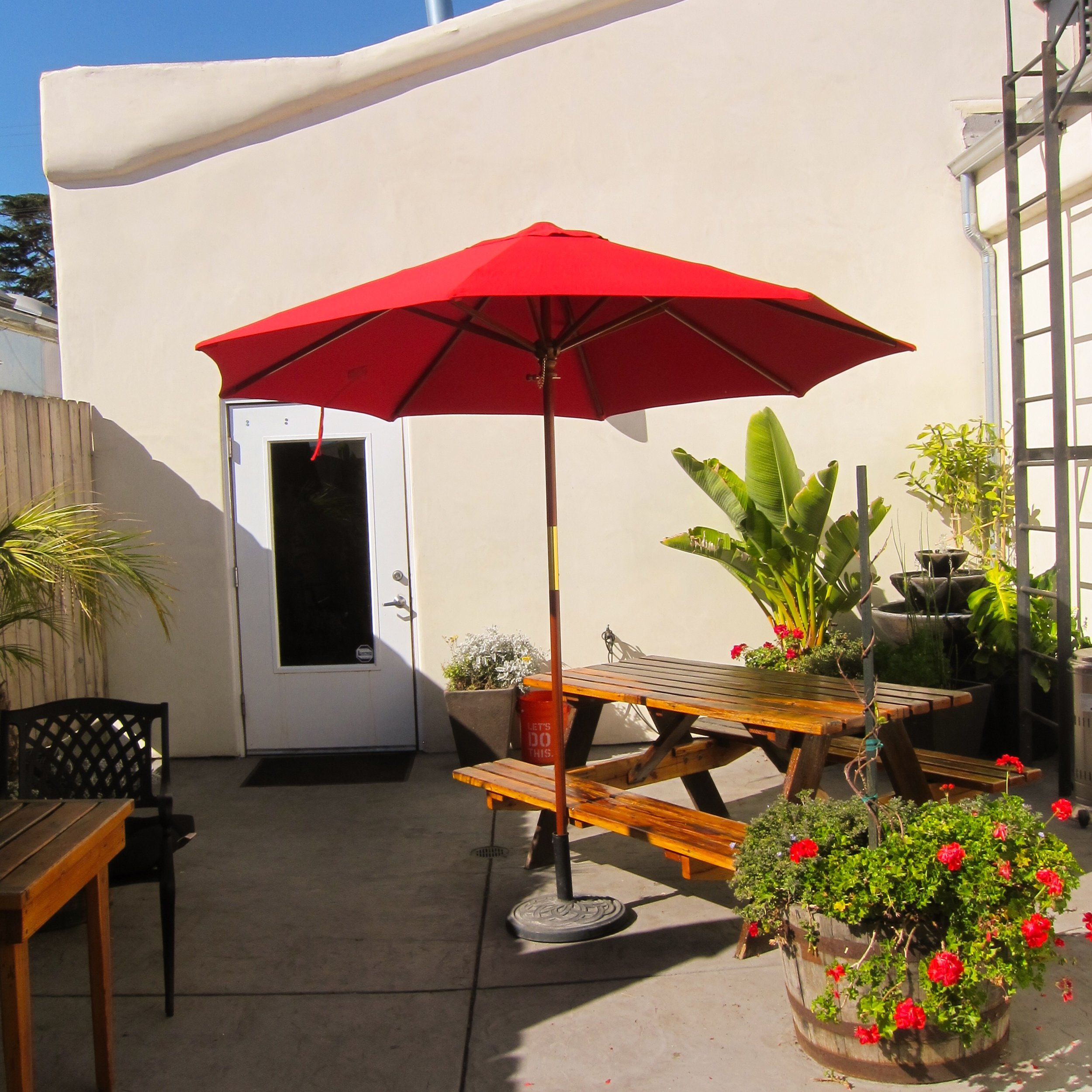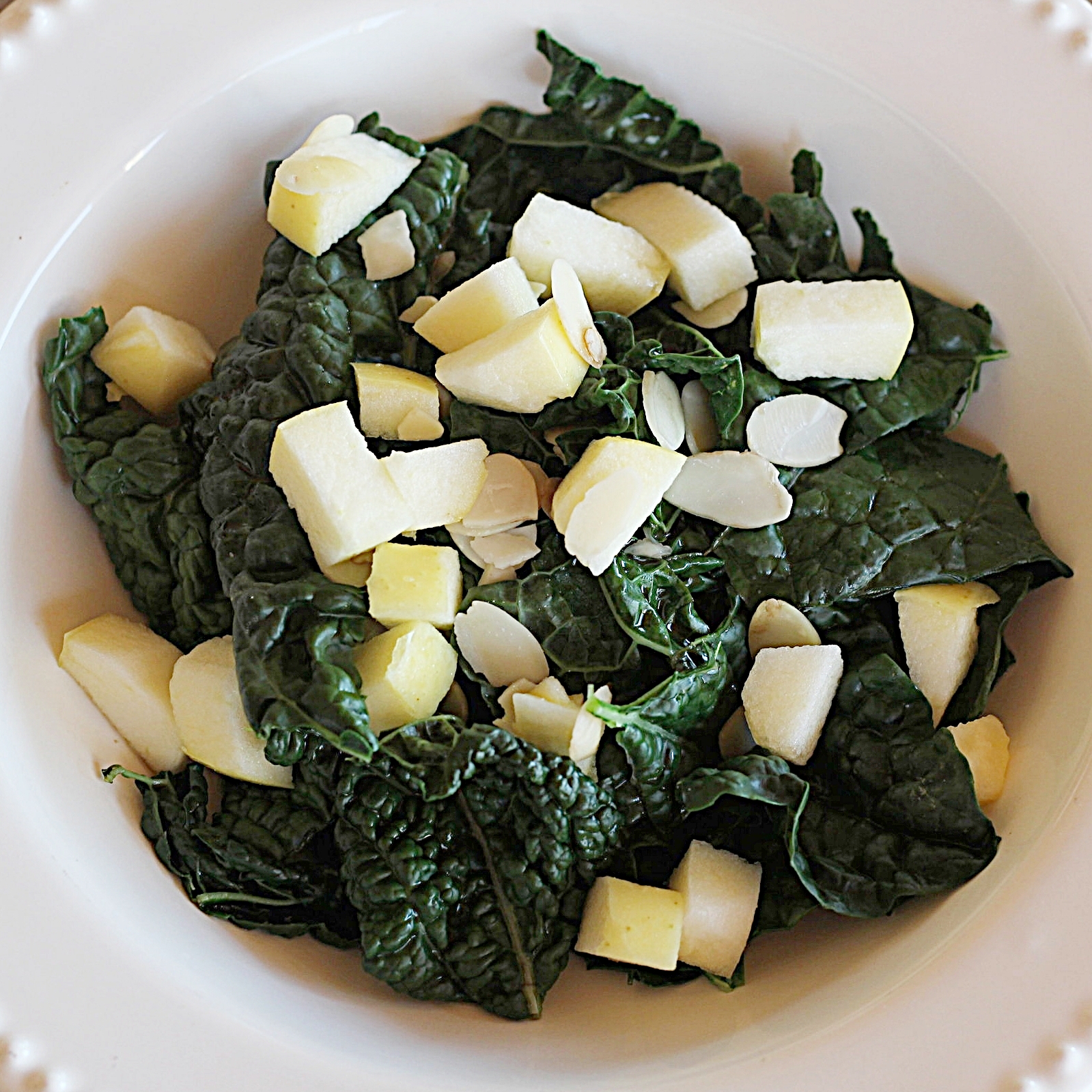Plant Forward
Hello Santa Barbara (+ beyond)!
Life is starting to shift over here and it’s been some time since I posted on The Vine. I wanted to take a moment to reintroduce this friendly neighborhood plant-based enthusiast. :)
My name is Beth Skidmore, MSACN. This summer I completed a Masters Degree in Applied Clinical Nutrition ( with honors! I am a little bit proud :) ). With graduation, I’m now officially launching into a career centered around nutrition as a Whole Food Plant-Based Nutritionist. I won’t be immediately launching a practice - I have some goals and projects in the works, and I am super excited to keep you up to date as my new path starts to take shape.
For those of you who I haven’t met yet personally, I spent the first fifteen years of my career as a nonprofit and fundraising professional, helping to build community around shared missions and raise over $30 million for organizations I care about. Eleven of these years (and the vast majority of those funds-raised), I spent at the Santa Barbara Bowl (my happy place) as the development director for their foundation and part of a hard-working team that raised funds for the renovation and restoration capital campaign. If you’re local, you know how magical it is. :) And if you’re familiar with the organization, you can imagine what an incredible opportunity I had to grow and learn with some of the most committed leaders in our community.
Now, after three-years of studying and more than eight years of everyday real-life learning, I’m excited to be entering a new space where I’ll be combining my developed nutrition knowledge, my nonprofit background, and my experience raising a plant-based family as I officially launch into the growing field of evidence-based, plant-based nutrition (yes, it’s a field, yes, it’s grounded in research, and yes, it’s growing!).
While I’m on a heartfelt mission to share the science and every-day application of whole food, plant-centered eating, at the core of my drive is that I know others want what I’ve been wanting and working towards for my family - the very best chance at a long, happy, healthy life. I did not used to think that what I ate was such a large driver in my health. Now I know it is. I thought when we first experimented with a plant-based diet that it was temporary. Now it’s a purposeful life-long commitment I’ve made with my family.
Change is hard. Particularly when you have littles. When you’re used to making chicken everything, fish, or meat every night for dinner, and when you’re used to adding dairy-based cheese and butter to pretty much everything, it’s hard to imagine a plant-based life or taking foods that feel like a side to the main course. I know how hard eating more (or all) plants can seem because I made the transition to a plant-based life during one of the most challenging times in my own life - we made the shift in-line with the birth of my first child, so not just was our lifestyle was new, but motherhood was new, and being a working mother was new. But we did it, and I know it’s possible because we did it and we surely were not likely candidates for eating all plants. We shaped a new life where we put our health first and prevention became paramount and it was powerful, life-changing, exciting - the benefits outweighed the discomfort and work it took.
My goal here actually isn’t to convince you to go plant-based (as obvious as that may seem;)) but to help you understand how the foods we eat impact our bodies so that we can all make more informed decisions about the foods we eat and marry those with our health goals for our families. To whatever extent you incorporate plants into your life, I’m here to help you with ideas, resources, and support.
I hope when you spend time on Plant Based Santa Barbara or my pretty active @plantbasedsantabarbara Instagram account (and currently fairly inactive Facebook account ;) - @plantbasedsantabarbara), that you come to find that eating more plants (or all plants) feels less challenging and more fun and accessible. I hope it expands your view on how food interacts with our bodies and impacts how we live. I’m excited to bring more of the science to my work in addition to sharing my experience. We all deserve to understand the basics of nutrition science so that we can make the most informed decisions for our families. I hope you find my spaces to be opportunities to add to the conversation, ask questions, challenge some long-held thoughts on nutrition, and full of tools and inspiration for eating more plants with your families. And stay tuned - I’ll keep you up to date on what’s to come! I’m just getting started.
Lifestyle work is hard. But it’s so worthwhile. If you have ideas, questions, needs, etc., please reach out! I’ve paused a bit on my site while I’ve been finishing up school, but I’ll be picking back up on building content, the calendar, and more. I love making this the community resource I wish I always had and I’d love to hear from you on how I can make it even more applicable for your life and what would be helpful for you on your plant-forward journey.
Let’s keep the conversation going. Let’s keep moving together, plant-forward.
Wishing you health + happiness for you and your families!
Beth Skidmore, MSACN
Whole Food Plant-Based Nutritionist
Nutrition Educator
Public Health Advocate
+ Your Friendly Neighborhood Plant-Based Enthusiast :)












































